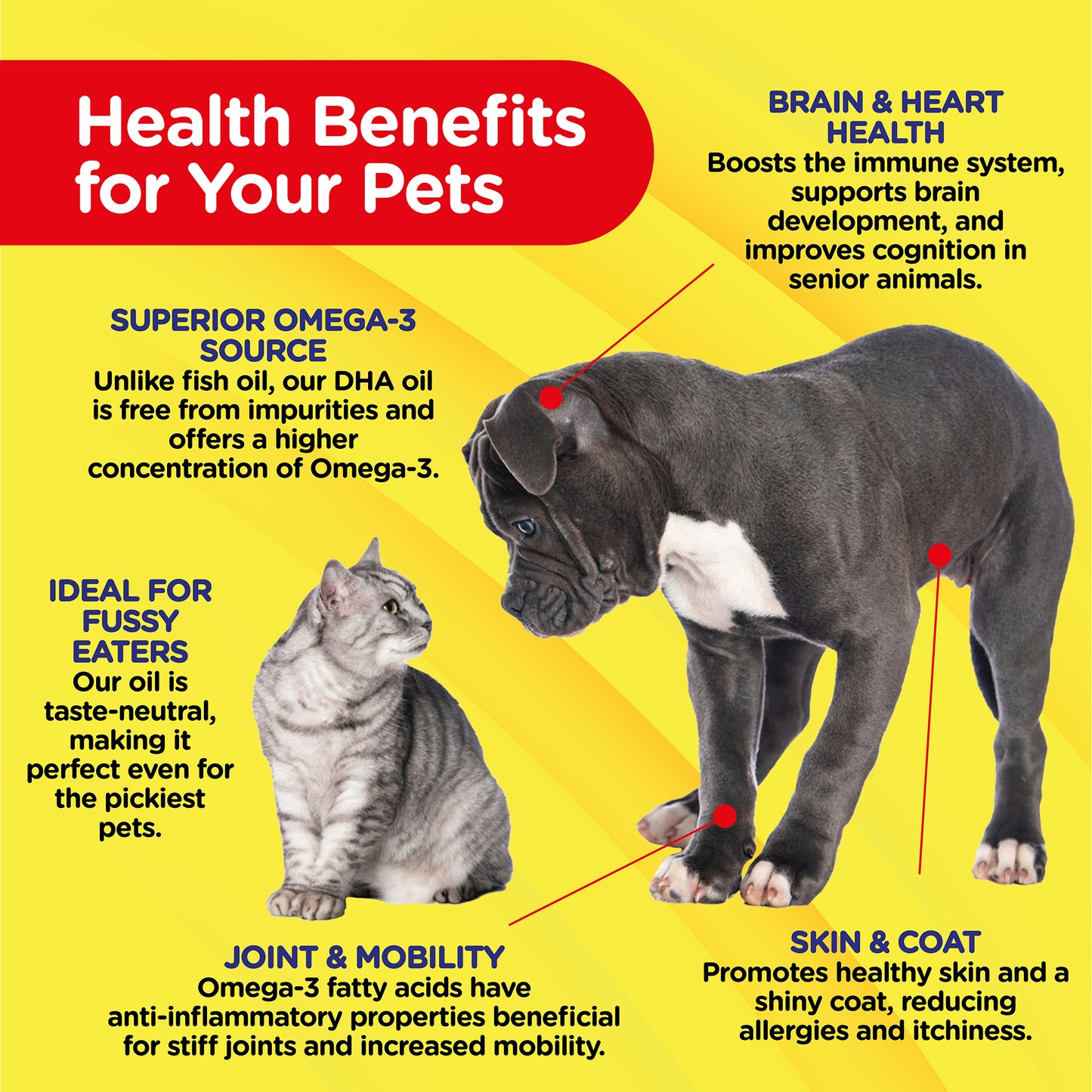Is Your Pet Sick? Top Signs It's Time for a Vet Visit
Pets are more than just animals; they're family. And just like any family member, their health is paramount. However, unlike humans, pets can't verbally tell us when they're feeling off. That's why it's crucial to recognize the signs. Here's a comprehensive guide to help you determine when it might be time to visit the vet.
- Digestive Disturbances: Regular vomiting or diarrhea can indicate food allergies, infections, or ingestion of toxic substances. Monitor their stool and frequency to provide detailed information to the vet.
- Fluctuating Weight: A sudden weight loss or gain can be symptomatic of thyroid problems, diabetes, or digestive issues. Regular weigh-ins can help track any unexpected changes.
- Changing Appetite: A decreased appetite can be a sign of dental problems, infections, or more severe conditions like cancer. Conversely, an increased appetite might indicate diabetes or thyroid issues.
- Water Consumption Patterns: Excessive thirst and urination can be early signs of diabetes or kidney disease. Conversely, decreased water intake can signal potential dehydration or fever.
- Limping or Stiffness: This can be indicative of joint problems, arthritis, or even Lyme disease. Especially in older pets, regular joint supplements might be beneficial.
- Behavioral Shifts: Depression, aggression, or increased vocalization can be signs of pain, neurological problems, or even specific feline or canine diseases.
- Respiratory Issues: Persistent coughing, wheezing, or rapid breathing can indicate heartworms, lung disease, or heart failure.
- Eye and Gum Changes: Redness, discharge, or cloudiness in the eyes can signal infections, glaucoma, or cataracts. Pale gums, on the other hand, can be a sign of anemia or internal bleeding.
- Urinary Red Flags: Accidents in the house, blood in the urine, or frequent attempts to urinate can be signs of urinary tract infections, bladder stones, or even diabetes.
- Neurological Symptoms: Seizures, imbalance, or sudden bouts of extreme dizziness should be addressed immediately, as they can be indicative of neurological disorders or injuries.
- Skin and Coat Problems: Excessive shedding, bald patches, or frequent scratching can be signs of skin allergies, infections, or external parasites like fleas and ticks.
- Odour Issues: Bad breath can indicate dental disease, while unusual body odor can be a sign of skin infections or underlying metabolic issues.
- Vocal Changes: A change in your pet's usual vocalizations, like increased whining or hoarseness, can be a sign of pain, respiratory issues, or thyroid problems.
In the world of pet health, it's always better to be proactive. Regular check-ups, a balanced diet, and prompt attention to any of the above signs can ensure your furry friend stays healthy and happy for years to come. Remember, when in doubt, always consult with a professional veterinarian.










